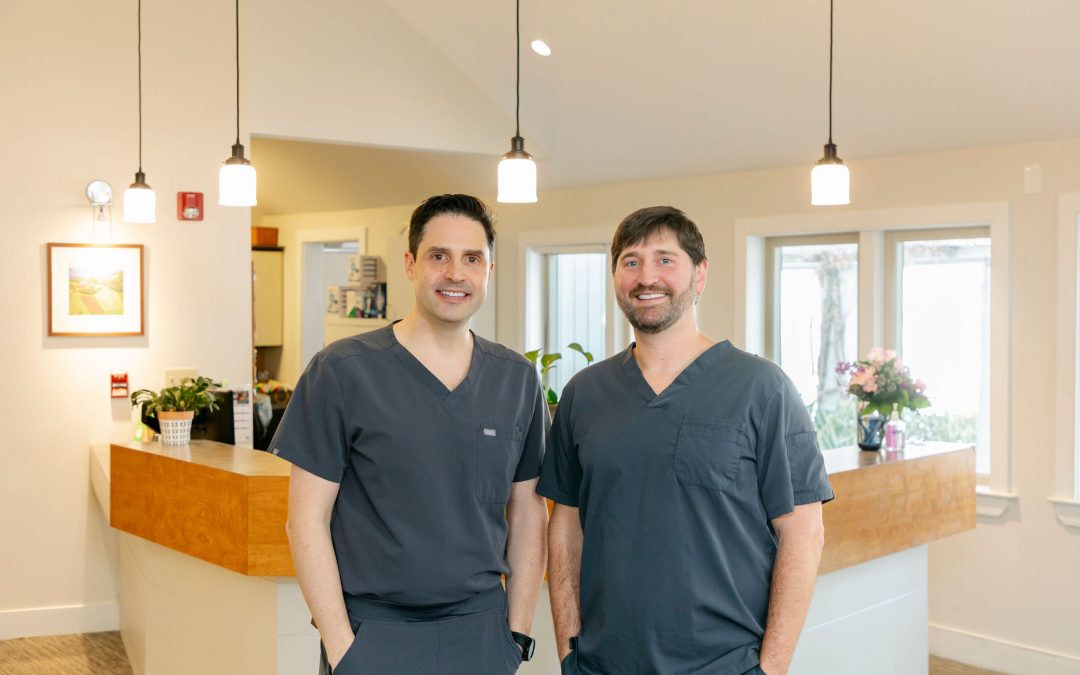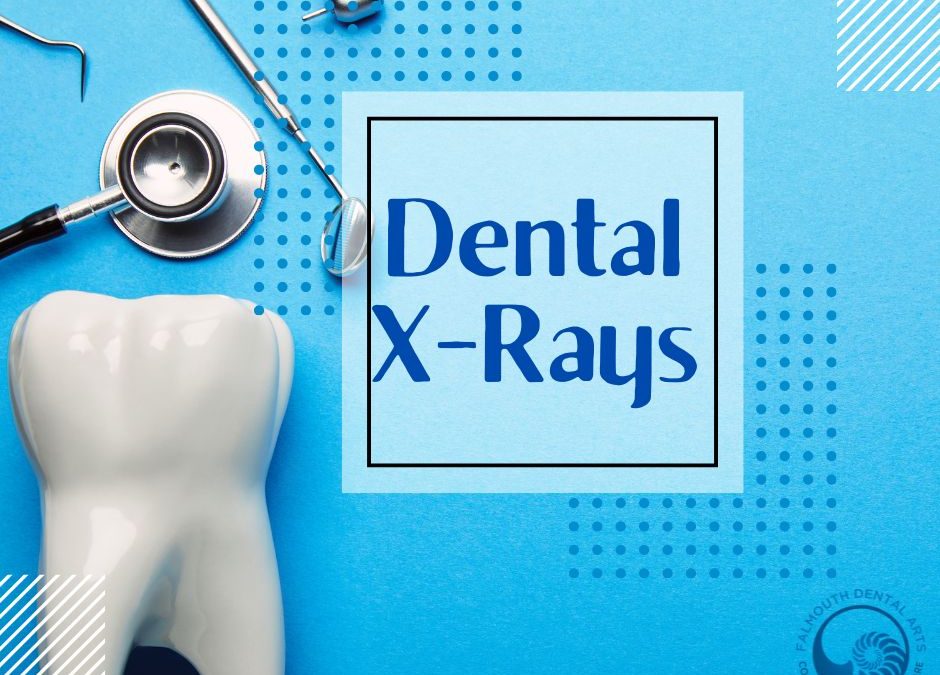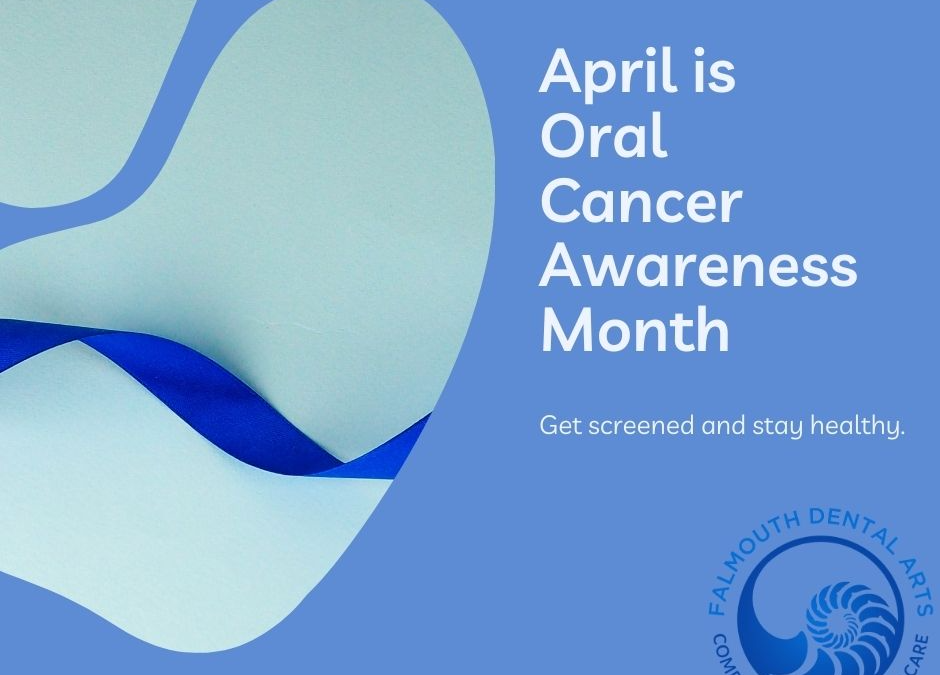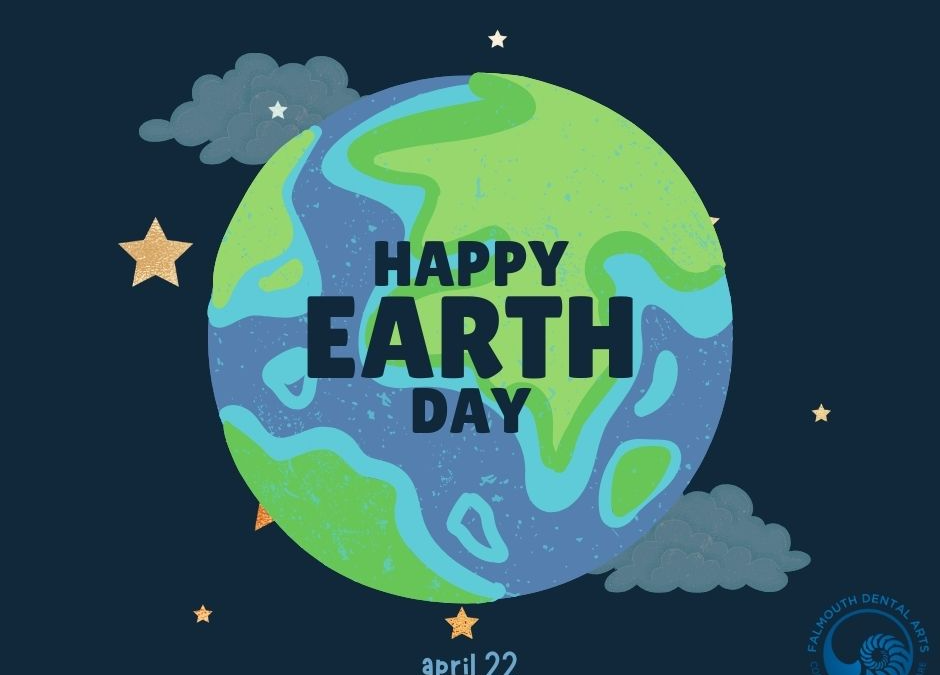
Mar 4, 2025
National Dentist’s Day is held annually on March 6th and is an opportunity to honor all the men and women who keep our smiles healthy. At FDA, we have two skilled and compassionate dentists – Dr. Brunacini and Dr. Karagiorgos. There are many reasons to love Dr. B & Dr. K and this month we highlight a few of the comments we’ve received from you, our patients.
“Dr K is an artist and consummate craftsman with a fabulous chairside manner. He demonstrated mastery with the newest dental technology and an eye and hand for detail. … He and the staff made sure I was comfortable, not in pain, and kept me informed about the steps during the entire procedure.”
“Going to the dentist gives me anxiety and everyone at Falmouth Dental Arts makes an unpleasant experience that much easier. I truly appreciate the kindness and caring given to me. Dr. B. is awesome as well as a talented dentist. I have recommended Falmouth Dental Arts to several people!”
“Dr. K blew my expectations with a repair on two of my front teeth I had broken. I’ve been self conscious about my smile for 15 years, and I left his office feeling like a new person and showing my smile to everyone! You literally cannot tell that they are repaired. I feel SO good. Thank you Dr. K and FDA team. I’ll never go anywhere else.”
“Dr. Brunacini takes the time to explain and discuss things with you. The front desk and clinical staff welcome you with smiles and laughter is heard throughout the practice. I had a great visit.”
Thank you, Dr. Brunacini and Dr. Karagiorgos! We are so grateful for all you do to care for our patients! If you need to see Dr. B or Dr. K for a check up, give us a call today – 207.781.5900. We are here to be your partner in oral health!

May 2, 2024
The weather is getting warmer, birds are chirping, flowers are beginning to bloom…there are a lot of reasons to smile in the springtime! If you feel self-conscious about your smile, FDA can help! From crooked teeth to stained teeth, we have cosmetic dentistry options that can give you the smile of your dreams! It all begins with a simple consultation with Dr. Brunacini or Dr. Karagiorgos. Oftentimes, they can help improve the look of your smile in as little as two visits to our office. If curious to know more about the cosmetic dentistry options at FDA, here is a brief overview:
Dental Bonding
At FDA, we use dental bonding to sculpt individual teeth with a special tooth-like material that looks, acts, and feels like the real thing. Some of the perks of dental bonding include:
- It can address many different cosmetic flaws or injuries, such as chips and discoloration.
- It is an affordable and painless procedure.
- It can be completed very quickly: the composite resin adheres to your teeth and can then be polished and shaped to match your other teeth in one or two visits.
Teeth Whitening
Teeth whitening is a common and safe cosmetic treatment. We offer both in-office whitening and at-home options. That said, bleaching can be uncomfortable if you have sensitive teeth and isn’t always the right option if you have implants. Review your options with Dr. Brunacini and Dr. Karagiorgos. They can help you decide if it will work for you!
Porcelain Restoration
If you have old metal crowns and bridges, this is an option to consider. Porcelain restoration can improve the look and feel of your crown or bridge. It provides you with the translucency and shine of your natural teeth and has a texture that is very similar to that of enamel. We sculpt and shape the porcelain to fit perfectly with your existing bite, so it will feel comfortable and natural.
Dental Implants
A great long-term option for replacing lost teeth in a safe and predictable way, dental implants are designed to last a lifetime. It’s important to replace missing teeth as you can lead to a loss of support in the mouth, which forces other healthy teeth to drift.
Same-Day Crowns
In addition to the traditional cosmetic procedures listed above, FDA also provides the simple option of same-day crowns. Our practice has the CEREC® Primemill, a state-of-the-art piece of equipment, which allows us to mill, bake, and stain your new crown all in one visit. This technology makes getting a crown a faster and more comfortable experience, and is no more expensive than traditional crowns. It can also be used for other dental restorations.
Spring into your new smile! If you have questions about our cosmetic procedures or would like to schedule a consultation, please give us a call at 207.781.5900. Learn how Dr. Brunacini and Dr. Karagiorgos can help you have the smile of your dreams!

May 1, 2024
You’ve come in for a cleaning and everything looks good, so why do you need a dental x-ray? Great question! Dental x-rays provide an in-depth and accurate view of your teeth and jaw and are an essential tool for preventative care. With up-to-date x-rays, Dr. Brunacini and Dr. Karagiorgos have an enhanced opportunity to identify any potential problems and diagnose dental conditions. The sooner we can treat potential problems or conditions, oftentimes the less invasive and less expensive it will be for you! At FDA, we want our patients to be fully informed when they make decisions about their oral health care and dental x-rays help support that goal. To help inform you more about the importance of dental x-rays, here are three commonly asked questions:
How often should I get dental x-rays?
At FDA we recommend our patients receive an x-ray at their first appointment and then once a year thereafter. Our digital x-ray technology uses a very low dose of radiation already, but this treatment schedule helps us to further minimize any risks.
What are digital x-rays?
We offer digital x-rays at FDA, which is a type of x-ray where digital sensors are used instead of traditional film. To perform digital x-rays, electric sensors are placed in the patient’s mouth. The sensors are connected to a computer by a small wire. The x-ray beam is sent through the teeth and into the sensor. The image can then be viewed immediately on a computer screen during an appointment. Compared with traditional x-rays, digital x-rays reduce radiation exposure by 70-80%. We also find that digital x-rays greatly support patient education by providing a clear image of a patient’s mouth and potential problem areas.
What are CBCT 3D x-rays?
To improve our patients’ experience FDA also offers 3D imaging. Using a CBCT 3D imaging machine, a scanner rotates around a patient’s head, collecting multiple images in rapid succession. These images are then pieced together using a software program to create an extremely clear 3D panoramic view of the mouth and jaw. Often referred to as 3D imaging, CBCT 3D x-rays provide a more thorough and complete view of the head, mouth, and neck prior to performing any dental treatment, especially oral surgery. CBCT scans can also assist us in planning for root canals and placing dental implants. While 3D imaging won’t replace our typical bitewing x-rays, it is an additional tool that helps to diagnose areas of concern or when planning dental implants.
If you have more questions about dental x-rays or if it’s been more than a year since you received them, please give us a call. We’re always happy to answer your questions and can help schedule your next appointment!

Apr 2, 2024
Did you know that regular dental care is a first line of defense for oral cancer? April is Oral Cancer Awareness month and is an opportunity to talk about the importance of early detection. It’s encouraging to note that when oral cancer is detected and treated early, there is a 80-90% survival rate. At Falmouth Dental Arts, we’ve long had a commitment to oral cancer screenings for our patients. Dr. Brunacini and Dr. Karagiorgos as well as our hygienists perform screenings during your regular check up appointments. To help raise awareness and answer questions, we wanted to provide some basic information about our screening procedures and common oral cancer warning signs.
Why Oral Cancer Awareness is Important
According to the Oral Cancer Foundation, about 58,500 people are diagnosed with oral cancer each year in America, which translates to 132 people each day. While smoking is the leading cause of oral cancer, there are increasingly more and more young people developing oral cancer due to the HPV virus.
FDA’s Oral Cancer Screening
At FDA, Dr. Brunacini, Dr. Karagiorgos, and our hygienists perform oral cancer screenings for our patients at every hygiene appointment. These screenings may include:
We start with a visual exam of the mouth, looking at the gum tissue, lips, checks, and tongue. Additionally we gently palpate or press on areas of the face and neck to check for any irregular lumps. If we have any concerns, we may offer to do a screening with VELscope. VELscope is a screening device that emits a blue light that quickly identifies abnormal cells before they are visible to the naked eye. It is a safe and non-invasive procedure and helpful for early detection of oral cancer.
FDA also performs CBCT 3D X-Rays which enables us to better visualize all of the structures within the head, neck, and mouth and assess our patients’ oral health. 3D imaging can be helpful in determining subsequent steps for the ideal treatment of an area of concern.
If we have any reason for concern after performing a screening, our next step would be to refer you to an oral surgeon for additional consultation and a possible biopsy. As your partner in oral health, we will remain involved every step of the way to provide support and follow-up care.
Oral Cancer Warning Signs
You also have an opportunity to screen for oral cancer in your home care. For example, if you notice any changes to your mouth or experience any pain or tenderness, you should let us know. Also, you can be on the lookout for some of the common warning signs for oral cancer, including:
- White or red patches in the mouth
- Sores that fail to heal
- Abnormal lumps in the gums or neck
- Difficulty chewing or swallowing
If you do discover an area of concern, please let us know so we can see you promptly for a thorough exam. As always, when you have any questions about your oral health or the oral cancer screening process, please don’t hesitate to call us! As your dentist, we are part of your healthcare team and happy to answer your questions!

Apr 1, 2024
Earth Day is on April 22, a time when people across the globe come together for a greener future for our planet. From joining beach clean ups to composting, there are lots of ways we can help take care of the earth, and our oral health care practices can be one of them. Many of our patients at FDA ask about how they can make more sustainable and earth-friendly choices in their home care routine. Here are 3 ways you can make your oral health routine more eco-friendly:
Recycle Your Brushes!
Almost 1 billion toothbrushes get thrown out every year in the United States. That’s a lot of plastic waste! While most municipal recycling programs don’t accept items like toothbrushes, you can collect your old brushes (and other oral care plastic waste!) and send them to a company like TerraCycle for recycling. We recommend you replace your brush every 3-4 months, and recycling the old ones can help reduce your plastic footprint.
Explore Floss Alternatives!
Flossing is a crucial part of your oral hygiene routine and our number one tip for improving your oral health. Unfortunately, since it’s made of nylon and housed in single-use plastic containers, dental floss is not the best thing for the planet. Sustainable alternatives do exist! Look for silk dental floss in reusable containers or consider a Water Flosser. You can care for your gums and the planet!
Turn Off the Tap!
An easy way to be earth-friendly in your oral care is to turn the tap while you brush your teeth twice a day. This simple act can save up to 8 gallons every day and over 200 gallons a month! Plus, as you conserve water, you’ll also save money on your water bills!
At FDA our goal is to provide the best oral health care for our patients and we strive to be as earth-friendly as possible. From using digital records and x-rays for our patients to providing mercury-free fillings, we are always looking for ways to be more sustainable in our practice. This Earth Day, join us in caring for our planet’s future by making earth-friendly choices in your oral care! As always, if you have any questions or need to schedule your next appointment, please give us a call at 207.781.5900.





